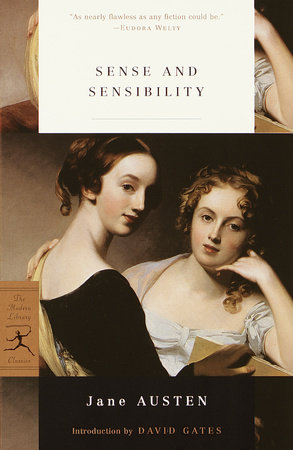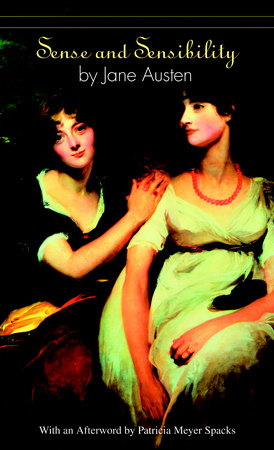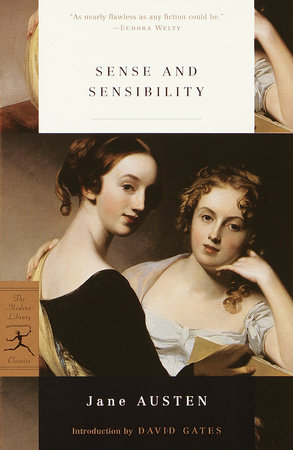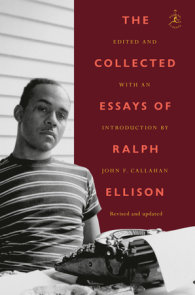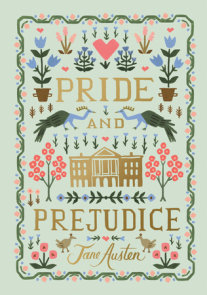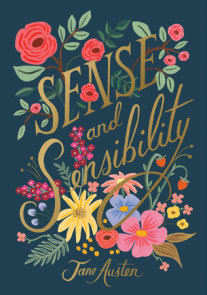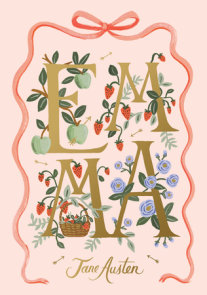

Add to Bookshelf
Sense and Sensibility
By Jane Austen
By Jane Austen
By Jane Austen
Introduction by David Gates
By Jane Austen
Introduction by David Gates
By Jane Austen
By Jane Austen
By Jane Austen
Introduction by Peter Conrad
By Jane Austen
Introduction by Peter Conrad
By Jane Austen
By Jane Austen
By Jane Austen
By Jane Austen
Best Seller
Part of Vintage Classics
Part of Modern Library Classics
Part of Everyman's Library Classics Series
Part of Modern Library Classics
Category: Classic Fiction | Literary Fiction | Romance
Category: Classic Fiction | Literary Fiction | Romance
Category: Classic Fiction | Literary Fiction | Romance
Category: Classic Fiction | Literary Fiction | Romance
Category: Classic Fiction | Literary Fiction | Romance
Category: Classic Fiction | Literary Fiction | Romance

Paperback
$10.00
Sep 04, 2007 | ISBN 9780307386878
-
$10.00
Sep 04, 2007 | ISBN 9780307386878
-
$11.00
Jan 09, 2001 | ISBN 9780375756733
-
$5.95
Dec 01, 1982 | ISBN 9780553213348
-
$28.00
Mar 10, 1992 | ISBN 9780679409878
-
Mar 28, 2006 | ISBN 9780553902440
-
Nov 01, 2000 | ISBN 9780679641131
YOU MAY ALSO LIKE

Villette
Paperback
$5.95
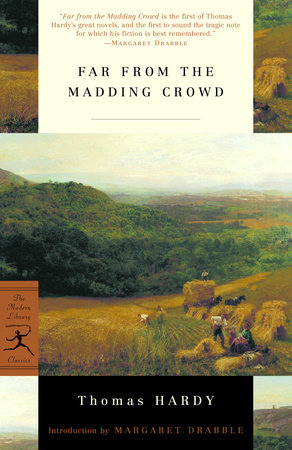
Far from the Madding Crowd
Paperback
$11.00
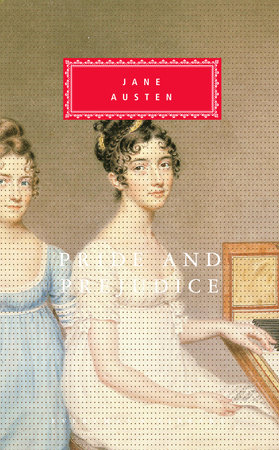
Pride and Prejudice
Hardcover
$26.00
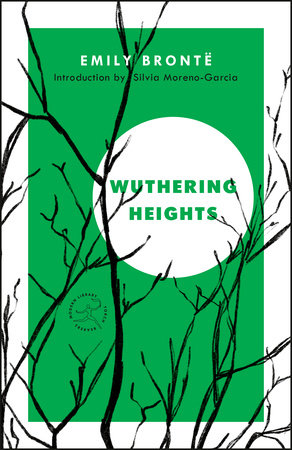
Wuthering Heights
Paperback
$8.00
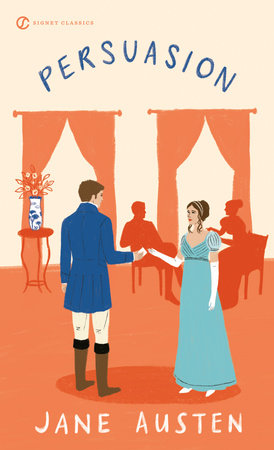
Persuasion
Paperback
$5.95
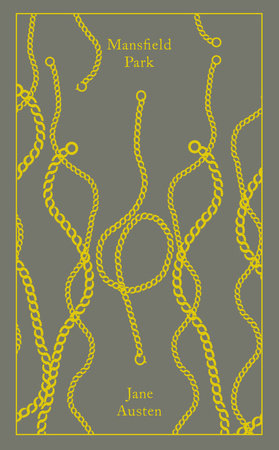
Mansfield Park
Hardcover
$25.00

Richard III
Paperback
$8.00

Wuthering Heights
Paperback
$5.95
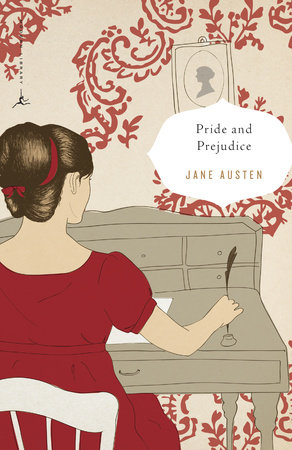
Pride and Prejudice
Paperback
$9.00
×
Become a Member
Just for joining you’ll get personalized recommendations on your dashboard daily and features only for members.
Find Out More Join Now Sign In








